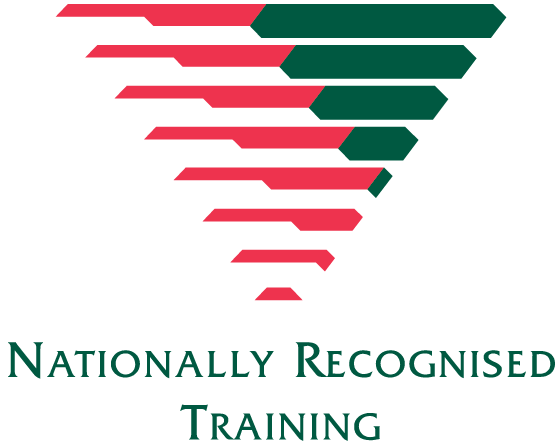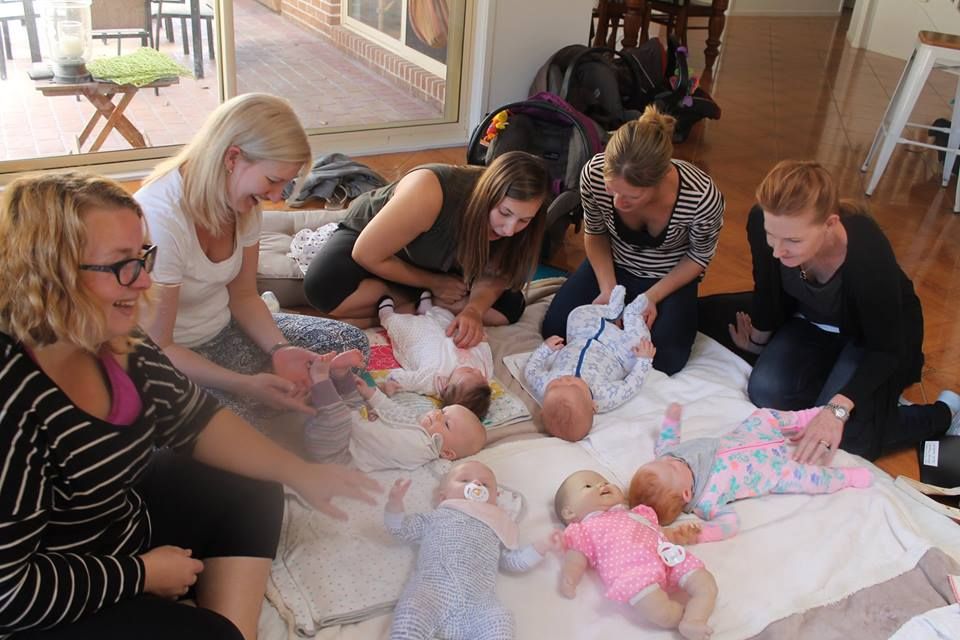Suitability
The majority of our students come from professional backgrounds working in tertiary/ clinical, community, case-management, early intervention, private practice and public health settings. Students undertake this course for a range of reasons, including wanting to make a transition to private practice, to enhance and add new depth to their existing work with families, or to regain a sense of purpose and inspiration in their work again.
Around 10-15% of our students do not have a health or education background, and attend this course to become a peer/ parent-to-parent educator.
We pride ourselves on offering a training program that is relevant to such a diverse group of students. The knowledge and skills gained in our Cue-Based Infant Massage training program are highly adaptable, and most of our students report very high levels of satisfaction with this course.
However, in delivering this training for more than 21 years, we have discovered that a small number of students may find that this course does not meet their needs. If any of the following apply to you, we do encourage you to contact us before enrolling, so that we can help you decide if we are the right match for you!
Are you in active recovery from childhood or parenting trauma?
This course addresses child mental health development–with a particular focus on the quality of early parent-child relationships. Students are exposed to a range of topics that can trigger uncomfortable feelings for some people–particularly those who have survived or witnessed abuse, neglect or trauma.
If you in the early stages of, or in active healing from, any type of abuse or other trauma associated with parenting or childhood, we ask that you contact us prior to enrolling in this program. We will be able to provide you with additional detail about the course content, and to help you make an informed choice about whether this is the appropriate training for you to undertake at this time.
Do you have a strong focus on clinical specialisation and recognition?
Most of our students from health professional backgrounds report to us that this course enhances their practice and adds much depth to their repertoire of skills.
However, The First Touch Program was originally designed as (and continues to be) a program based on the principle that knowledge about relationships between parents and babies should belong to communities and families as much as to any professional group.
For this reason, this course does not provide training in complex infant mental health diagnosis or treatment. The emphasis in this training in on facilitation skills and relationship-based approaches for supporting touch and other forms of parent-infant interactions. The First Touch Program is a health promotion and education intervention.
Likewise our student body is made up of people from very diverse backgrounds – ranging from PhD graduates, medical practitioners, nursing and midwifery practitioners, allied health professionals, teachers, bodywork therapists, complementary health therapists, and lay-persons.
Therefore, if you are someone who feels more comfortable learning only with people from similar professional backgrounds to your own, or your learning needs are for specialised clinical intervention skills, this program may not be the best option for you.
Please do contact us at the office if you are uncertain about whether this course will meet your professional needs, and we’ll be happy to talk with you.
Are you experiencing significant financial distress?
Many of our graduates go on to use their qualification to establish their own private practice and to work for themselves.
Most graduates take around 12-24 months to establish their own practice, and some can even take longer depending on factors such as location, other time commitments, and the resources you have to work on building your business.
If you are experiencing immediate financial distress or are seeking an immediate income source, we believe it is important that you are realistic about the time and energy you may need to apply in order to build your practice to a viable level: especially if you have not worked for yourself before. Many of our graduates do go on to establish very successful practices to varying degrees. But all businesses can take time to establish, and teaching infant massage or the First Touch Program is no different.
If you are seeking an immediate or urgent source of income, we recommend you talk to an independent business adviser (e.g. from your local council or Chamber of Commerce) to make sure your expectations are realistic.




Recent Comments